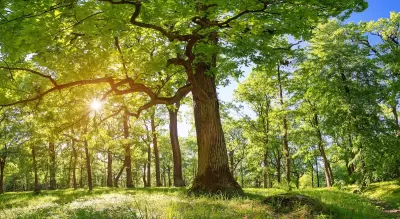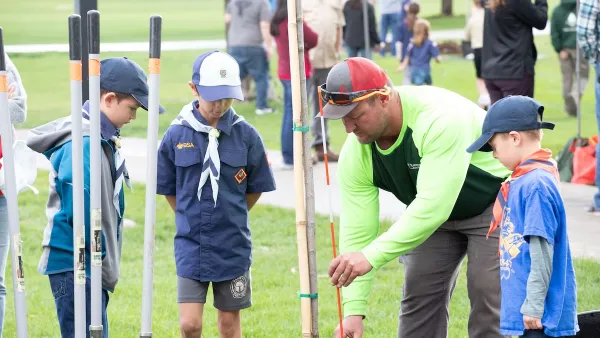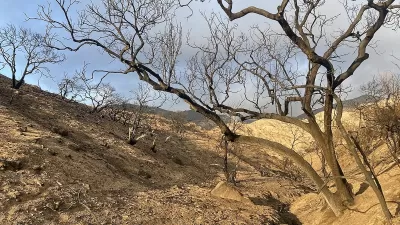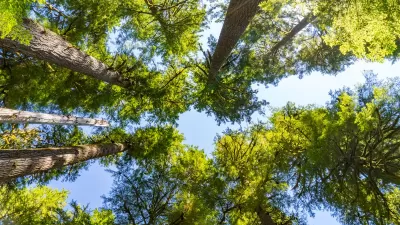Climate change is endangering oaks in the Great Lakes region by increasing their vulnerability to pests, diseases, and extreme weather, threatening their vital ecological role.

Oaks in the Great Lakes region face increasing threats from climate change, including rising temperatures, severe storms, and invasive pests, according to a study by Michigan Technological University. These conditions are stressing oak populations, leaving them vulnerable to diseases like oak wilt and attacks from insects such as the two-lined chestnut borer. The warming climate also extends the range and lifespan of harmful pests, exacerbating their impact on these vital trees. Oaks play a crucial ecological role, providing food and habitat for various wildlife species, including bears and turkeys, making their decline a significant environmental concern.
Invasive species and insufficient fire management further contribute to the challenges oaks face. The Michigan Tech study warns of emerging pests like oak gall wasps and stresses the need for vigilance in timber imports to prevent the spread of harmful insects. Historically, oaks thrived due to their adaptability to fire disturbances, which helped suppress competing species. However, the decline in controlled burns has reduced their ability to regenerate, compounding the threats posed by climate change.
Despite these challenges, oaks demonstrate resilience through their adaptation to extreme conditions and extensive root systems. Researchers emphasize the importance of monitoring pest populations and maintaining fire as a landscape management tool. Addressing these issues will be critical to preserving oak ecosystems and their broader environmental benefits in the face of a changing climate.
FULL STORY: Climate change puts oak trees in Great Lakes at risk

Planetizen Federal Action Tracker
A weekly monitor of how Trump’s orders and actions are impacting planners and planning in America.

Congressman Proposes Bill to Rename DC Metro “Trump Train”
The Make Autorail Great Again Act would withhold federal funding to the system until the Washington Metropolitan Area Transit Authority (WMATA), rebrands as the Washington Metropolitan Authority for Greater Access (WMAGA).

The Simple Legislative Tool Transforming Vacant Downtowns
In California, Michigan and Georgia, an easy win is bringing dollars — and delight — back to city centers.

The States Losing Rural Delivery Rooms at an Alarming Pace
In some states, as few as 9% of rural hospitals still deliver babies. As a result, rising pre-term births, no adequate pre-term care and "harrowing" close calls are a growing reality.

The Small South Asian Republic Going all in on EVs
Thanks to one simple policy change less than five years ago, 65% of new cars in this Himalayan country are now electric.

DC Backpedals on Bike Lane Protection, Swaps Barriers for Paint
Citing aesthetic concerns, the city is removing the concrete barriers and flexposts that once separated Arizona Avenue cyclists from motor vehicles.
Urban Design for Planners 1: Software Tools
This six-course series explores essential urban design concepts using open source software and equips planners with the tools they need to participate fully in the urban design process.
Planning for Universal Design
Learn the tools for implementing Universal Design in planning regulations.
Smith Gee Studio
City of Charlotte
City of Camden Redevelopment Agency
City of Astoria
Transportation Research & Education Center (TREC) at Portland State University
US High Speed Rail Association
City of Camden Redevelopment Agency
Municipality of Princeton (NJ)





























